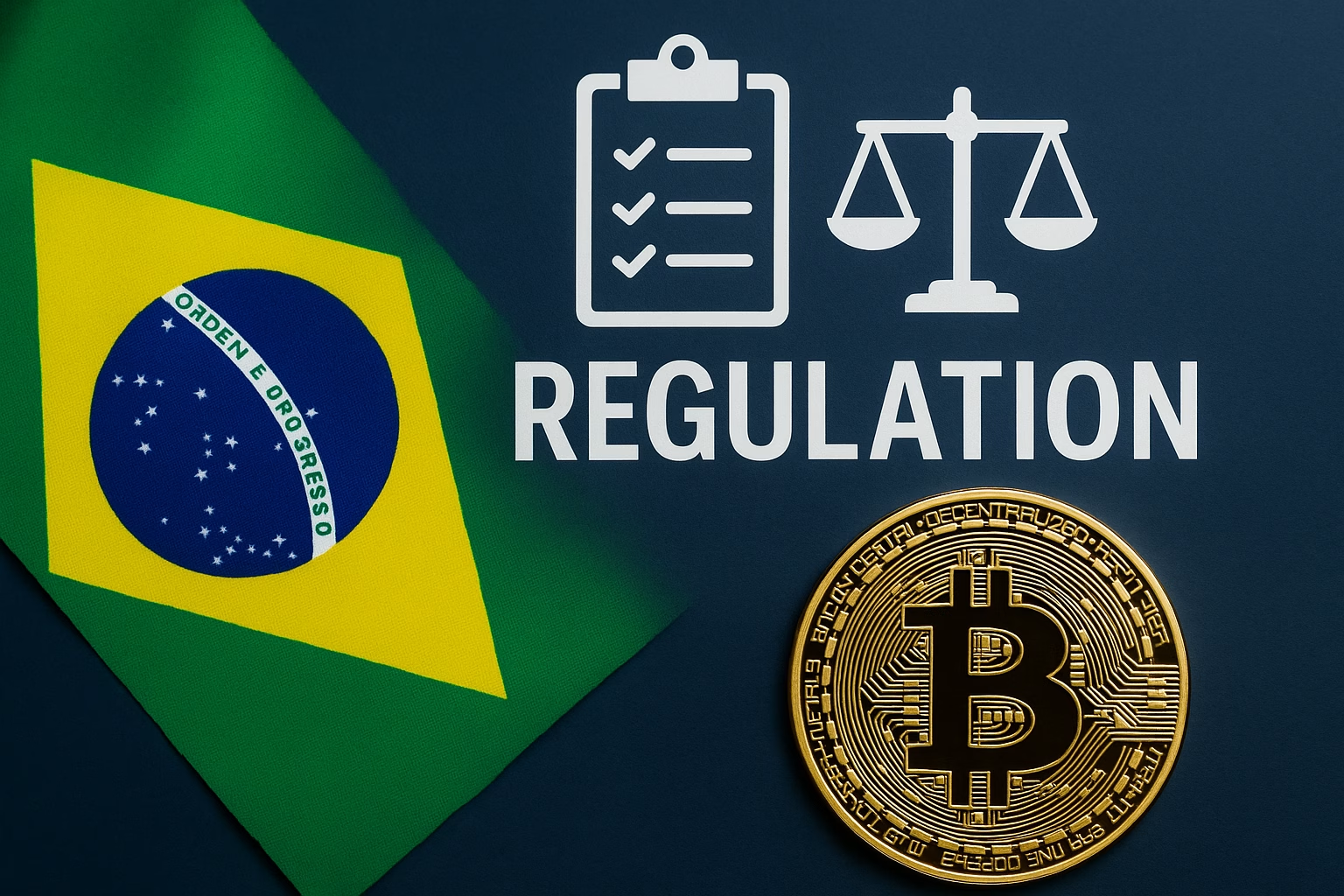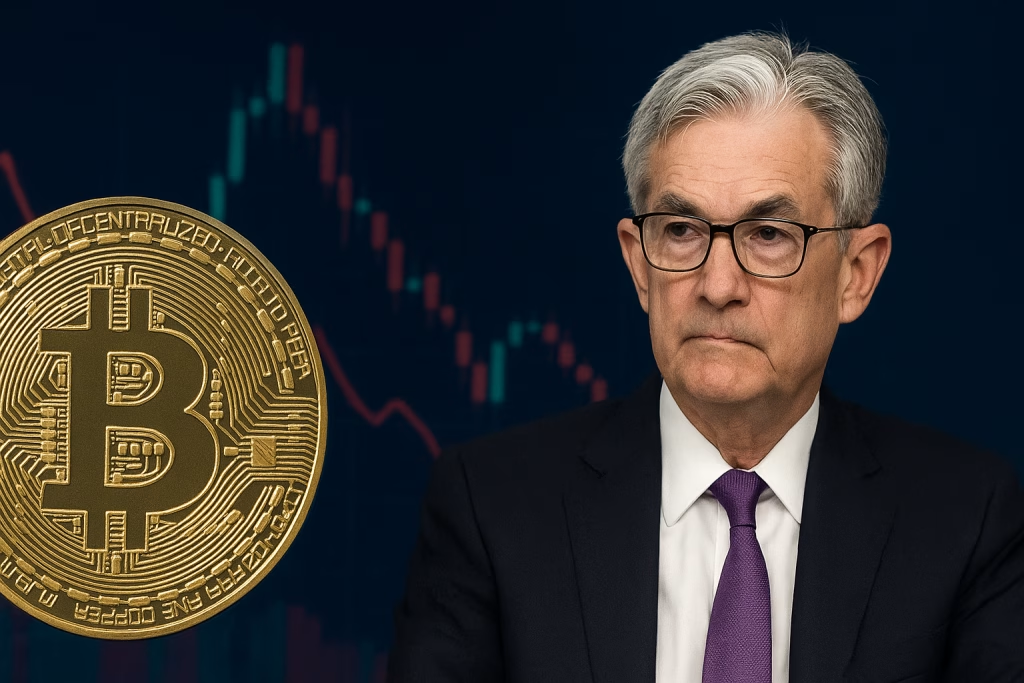How The Crypto Market Operations Will be Affected by The New Brazilian Forex Rules

Brazil’s Central Bank (BCB) is moving to modernize its foreign exchange market through new rules outlined in Law No. 14,286/2021. While aimed primarily at electronic forex (eFX) platforms, these measures are expected to spill over into the cryptocurrency sector, redefining how Virtual Asset Service Providers (VASPs) operate in the country.
One of the most significant changes is the introduction of banking-style requirements for crypto firms handling international transfers. Exchanges that previously operated under lighter oversight may now need explicit authorization to continue offering cross-border services.
This includes meeting higher capital standards, maintaining more rigorous reporting practices, and providing clients with full transparency on fees and costs through the disclosure of the Total Effective Value (VET).
For smaller players in Brazil’s growing crypto scene, the added compliance costs could prove challenging, potentially leading to consolidation in the market. At the same time, the reforms promise greater consumer protection by reducing hidden charges and ensuring a more regulated financial environment.
Stablecoins Under the Microscope
Stablecoin, widely used in Brazil to hedge against inflation and facilitate international payments, are set to face tighter controls. The BCB has hinted at measures that could limit foreign-denominated stablecoins in cross-border transfers, including a proposed $10,000 cap per transaction.
While the intention is to curb money laundering and financial instability, these restrictions may reduce flexibility for larger investors who rely on stablecoins for capital flows abroad. For ordinary users, however, the changes may bring a clearer legal framework, integrating stablecoins into Brazil’s regulated financial system and aligning them with international compliance standards.
Balancing Innovation with Oversigh
Although the reforms will reduce financial opacity, they also signal the end of an era where crypto provided a more discreet alternative to Brazil’s traditional forex system. All VASPs engaging in foreign exchange transactions will be required to report client data and integrate with the central bank’s oversight.
This could make cross-border crypto payments more streamlined through official channels, especially with integration into Brazil’s popular Pix instant payment system.
Ultimately, the Central Bank aims to balance innovation with control, strengthening Brazil’s reputation as a regional leader in crypto regulation. The success of these reforms will hinge on whether they can provide stability and investor confidence without driving innovation toward less regulated markets abroad.
About Author









